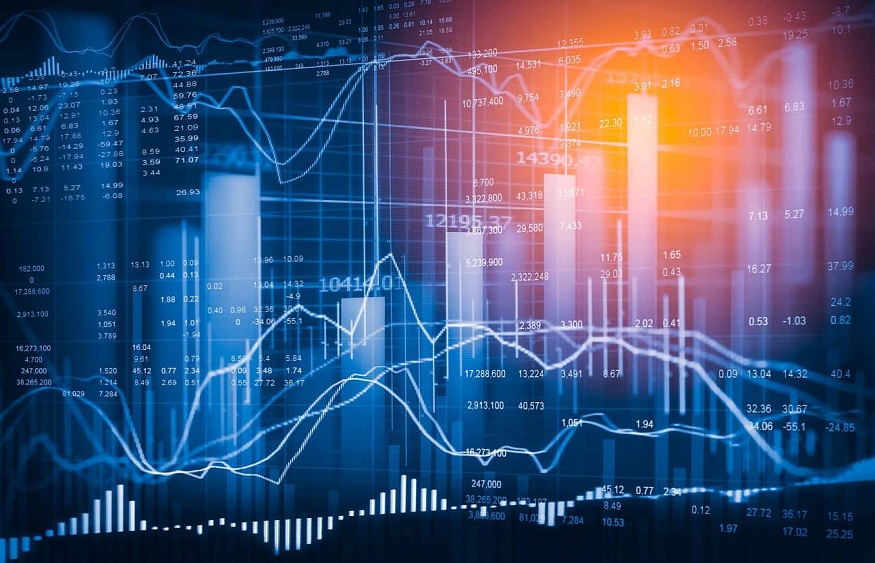Institutional traders are professionals who trade large volumes of stocks and other financial assets on behalf of large investors such as pension funds, hedge funds, and mutual funds. These traders often use complex algorithms and strategies to analyze market data and make trading decisions. In this article, we will provide an overview of the algorithms and strategies used by institutional traders in share market trading.
Algorithms Used by Institutional Traders
Algorithms are computer programs that use mathematical models and statistical analysis to identify trading opportunities on the market. Institutional traders use algorithms to automate their trading strategies and execute trades faster and more efficiently than manual trading while knowing what is demat account.
High-Frequency Trading (HFT) Algorithms: HFT algorithms use complex mathematical models to identify and execute trades in fractions of a second. These algorithms use data from multiple sources, such as news feeds, social media, and trading platforms, to identify patterns and predict market movements while trading on the stock market.
Statistical Arbitrage Algorithms: Statistical arbitrage algorithms use statistical analysis to identify price disparities between two or more assets that are highly correlated. As soon as the correlation returns to its historical average and you know what a demat account is, the algorithm executes trades to take advantage of the price discrepancy.
Trend-Following Algorithms: Trend-following algorithms use technical analysis to identify market trends and execute trades in the direction of the trend. These algorithms use indicators such as moving averages, Bollinger Bands, and MACD to identify trends and entry and exit points for trades on the stock market.
Market-Making Algorithms: Market-making algorithms provide liquidity to the market by constantly buying and selling a stock at a specific bid-ask spread. These algorithms use real-time market data to adjust the bid-ask spread and execute trades to maintain liquidity through a demat account.
Strategies Used by Institutional Traders
Institutional traders use a variety of strategies to achieve their investment objectives. Here are a few of the most popular strategies used by institutional traders in share market trading:
Value Investing: Value investing involves identifying undervalued stocks and holding them for a long period of time. Institutional traders use fundamental analysis to identify companies with strong financials and growth prospects that are trading at a discount to their intrinsic value.
Fundamental analysis helps institutional traders identify companies with strong earnings growth and revenue growth potential.
Momentum Investing: Momentum investing involves investing in stocks that have shown a strong upward trend in price over a certain period of time. Institutional traders use technical analysis to identify stocks with strong momentum and execute trades in the direction of the trend.
Event-Driven Investing: Event-driven investing involves investing in stocks that are expected to be impacted by a specific event, such as a merger, acquisition, or earnings announcement. Institutional traders use fundamental analysis to identify companies that are likely to benefit from these events and execute trades accordingly during trading stocks on the stock market.

